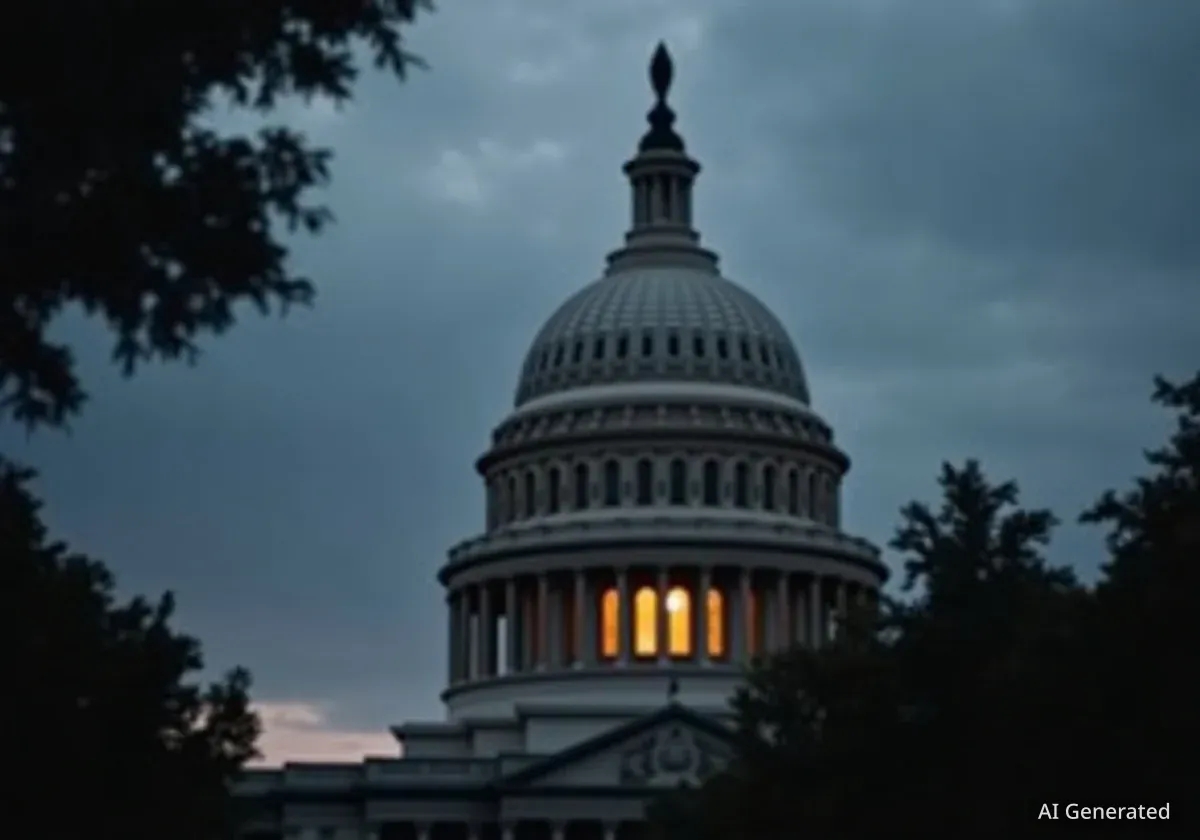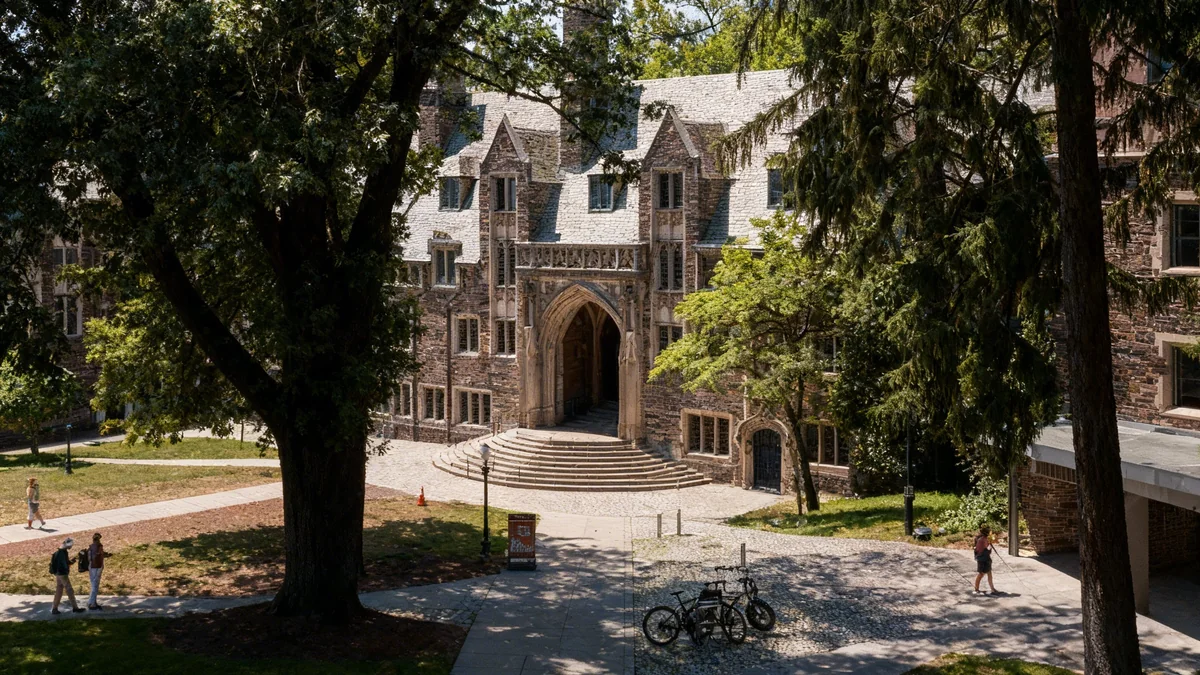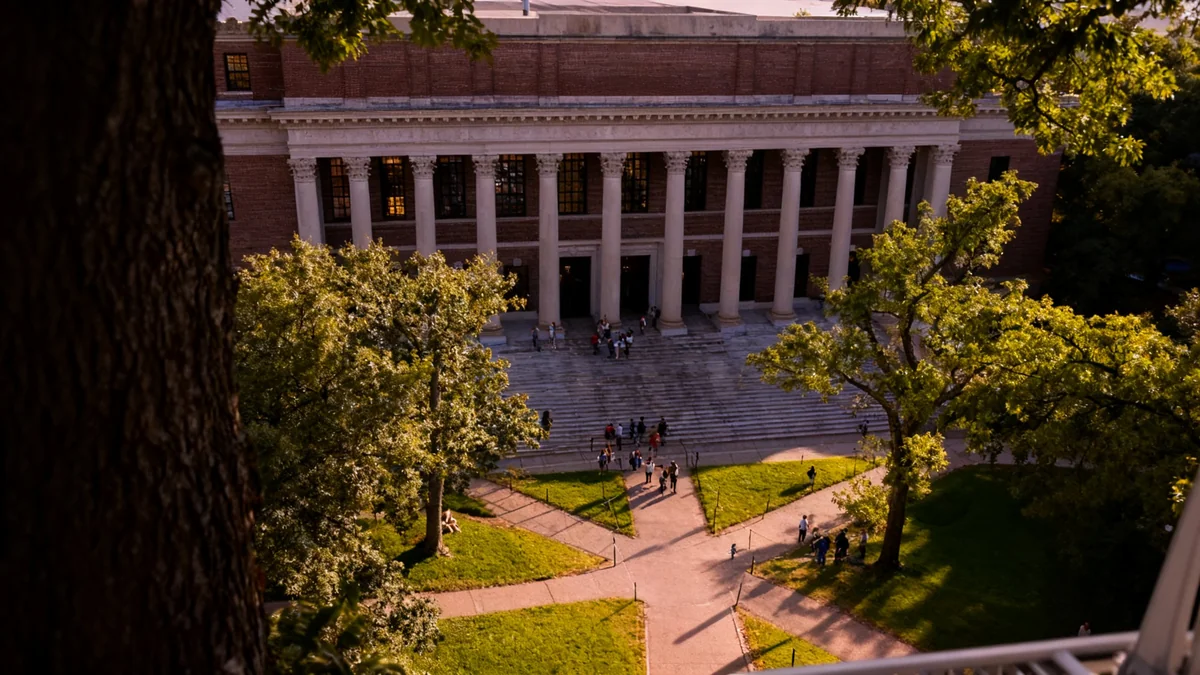California Governor Gavin Newsom has taken a divided stance on a series of bills aimed at addressing the state's history of discrimination against Black Americans. On Monday, he signed legislation to fund research on verifying the lineage of descendants of enslaved people but vetoed three other key proposals related to college admissions, housing assistance, and property reclamation.
Key Takeaways
- Gov. Newsom approved a $6 million bill for California State University to study methods for confirming the ancestry of descendants of enslaved people.
- He vetoed a bill that would have allowed colleges to offer admissions preference to descendants.
- A proposal to create a 10% set-aside in a first-time homebuyer loan program was also rejected.
- Another vetoed bill would have tasked the state with investigating historical property seizures based on race.
- The legislative package was inspired by recommendations from California's first-in-the-nation reparations task force.
One Bill Signed, Focuses on Lineage Verification
The single bill to receive the governor's signature authorizes $6 million for California State University. The funds will be used to research and develop a process for confirming an individual's status as a descendant of a person enslaved in the United States.
This new law, authored by Democratic state Senator Akilah Weber Pierson, complements another measure Newsom signed last week. That earlier bill established a new state agency, the Bureau for Descendants of American Slavery, which will be responsible for managing the verification process for potential future reparations programs.
Senator Pierson, who also chairs the California Legislative Black Caucus, framed the legislation as a vital step forward. "This bill represents hope, responsibility, and a commitment to make right what was wrong for far too long," she said.
Background on Reparations Efforts
In 2023, a state-appointed task force released a comprehensive report detailing California's history of discriminatory practices and recommending various forms of redress. The report highlighted that while California entered the Union as a "free state" in 1850, it permitted and enforced policies that harmed Black residents in housing, education, and business for decades. This legislative package from the Black Caucus was a direct response to the task force's findings.
Three Key Proposals Vetoed
Despite approving the lineage study, Governor Newsom rejected three other significant bills championed by the Black Caucus. Each veto came with a specific explanation from the governor's office.
College Admissions Preference
One of the most prominent vetoed bills would have authorized public and private universities to provide admissions preference to applicants identified as descendants of enslaved people. Newsom stated the bill was unnecessary, arguing that colleges already possess the authority to make such decisions.
The bill's author, Democratic Assemblymember Isaac Bryan, expressed strong disapproval of the veto. He noted the decision comes after the U.S. Supreme Court struck down affirmative action in college admissions.
"While the Trump Administration threatens our institutions of higher learning and attacks the foundations of diversity and inclusivity, now is not the time to shy away from the fight to protect students who have descended from legacies of harm and exclusion," Bryan said in a statement.
California also has its own ban on preferential treatment, passed by voters in 1996, which prohibits the state from considering race, sex, or ethnicity in public employment, education, or contracting.
Housing and Property Bills Rejected
Newsom also vetoed two bills focused on economic redress. The first would have set aside 10% of funds from a state loan program for first-time homebuyers specifically for descendants of enslaved people. In his veto message, the governor cited potential legal challenges, stating that an "ancestry-based set-aside" could be vulnerable in court.
The second rejected proposal concerned property taken through eminent domain. It would have required the state's Civil Rights Department to investigate claims from families who believe their property was unjustly seized by the government on the basis of race. Newsom argued that the department currently lacks the necessary expertise to handle such complex investigations. He had vetoed a similar bill the previous year.
Historical Context of Discrimination
According to the state's reparations task force report, California's history includes not only sanctioning slavery in practice but also enacting policies that blocked Black individuals from owning homes and businesses. The report documented instances of terror, aggressive policing, and environmental pollution in Black communities.
Advocates Voice Concerns and Frustration
The governor's mixed decisions have drawn criticism from some reparations advocates who feel the approved measures do not go far enough. They argue that focusing solely on lineage verification delays more tangible forms of atonement.
Chris Lodgson, a spokesperson for the advocacy group Coalition for a Just and Equitable California, was critical of the signed bill creating the verification bureau.
"Let’s be clear — SB 518 is not real Reparations, nor is it a step closer to real Reparations," Lodgson stated. "Reparations delayed, Reparations diverted, is Reparations denied."
The debate over the best path forward continues. While the state has formally apologized for its role in slavery and its aftermath, the recent vetoes indicate significant hurdles remain for legislative efforts aimed at providing direct compensation or preferential benefits to descendants.





